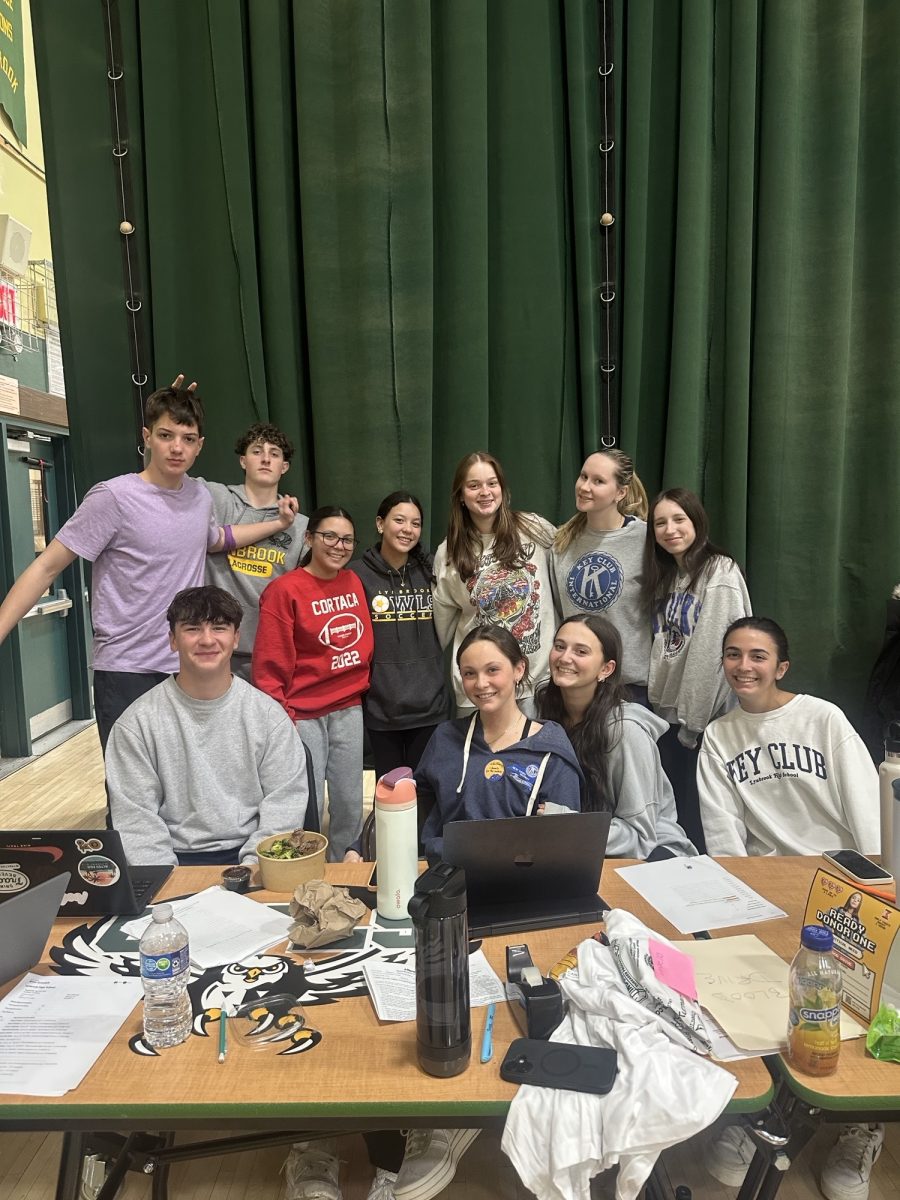Are Tech Giants the Robber Barons of the 21st Century?
When Standard Oil was ordered to be broken up by the Supreme Court on May 15, 1911, it was considered a violation of the Sherman Antitrust Act. Standard Oil, established in 1870 by John D. Rockefeller, dominated the oil market through horizontal integration, vertical integration, and business trusts. Standard Oil destroyed competitors with the use of aggressive pricing, blackmail, and by forming an illegal monopoly that threatened other businesses. The company was broken into 34 pieces for monopolizing the refining of 90 -95% of all oil produced in the United States. Additionally, Google, who currently controls 92% of the global search-engine market, can and has been allowed to continuously expand.
Apple, Google, Facebook, and Amazon have unceasingly grown in dominance, relevance, and popularity. While companies seems to benefit the consumer in its production of convenient, entertaining, and cheap products, is this immense power following the same surreptitious trend of the 19th century robber barons?
America’s biggest tech giants have just as much, if not more, power as famous financial magnates John D. Rockefeller and Andrew Carnegie. However, there still lies one major difference between the two: the power of these major online giants can be easily hidden.
The average user typically is unaware of how Amazon slyly sways him or her towards its more expensive and more preferred products. Despite not producing anything in certain markets, these giants have the power to dominate certain sectors, determine prices, and destroy companies who produce product in these markets. Today, Amazon sells 55% of all books in the US, 82% of all e-books, and 99% of all audiobooks. Amazon abuses its power and uses its monopolistic position to lower the prices it pays for books, impose substantial additional fees, and to negotiate large discounts from publishers.
Authors especially have felt the wrath of Amazon. Between 2009 and 2015, authors’ incomes have decreased by about one third, as the average salary fell from about $25,000 a year to $17,000 per year, according to interviews conducted by the national author’s guild. Publishers are not excluded from feeling the negative impacts of Amazon on the book market. In recent years, Amazon has punished publishers for trying to negotiate to improve rates for the sales of their books. Amazon punished publishing company MacMillan by removing the option to buy books produced by the company in 2010. In addition, the tech giant intentionally delayed shipping of books from Hachette in 2014. The release of Amazon’s kindle in 2007 only made the issue worse, as they decided to disregard how much time, effort, and money went into the book and priced all ebooks at $9.99. As if this was not bad enough, Amazon succeeded in convincing the Antitrust Division of the Department of Justice to sue publishers who attempted to avoid the company. Despite not producing any of its own books, Amazon has managed to control the majority of the book industry and take away a publisher’s ability to determine his/her own prices. Economics Teacher Eric Finder stated, “The danger of these massive tech companies is that they can control pricing by setting the market because they control such large market share. This will drive out competition and eventually create monopolies or oligopolies [limited competition in which a market is shared by a small number of producers or sellers]. Another concern is what these companies do with all of the data that they collect about their customers. The recent Facebook data breach should be raising flags to their customers about these companies.”
The continued growth of large tech monopolies has also destroyed the music industry. With Apple Music being launched June 30, 2015, in over 100 countries worldwide, and the
release of Spotify in 2006, the streaming companies have done nothing but further make paying per song less popular. Together, Apple and Spotify control majority of the music-streaming market. Apple has given itself the power to determine the price of almost all songs, with the majority of songs being priced as low as $0.99. In addition, 46% of all on-demand music goes through YouTube, who pays artists less than a 10th of a penny per song each time it is played. YouTube is also guilty of heavily influencing customers as they direct customers away from certain musicians and instead suggest musicians backed by big record labels who pay to promote them. Junior Aidan Tuosto believes, simply, the immense influence these large companies have on the consumers’ lives classify them as robber barons: “They can be considered robber barons because they have so much influence and power over everyday lives just like the monopolies of the industrialized era.”
Movies are yet another industry unable to compete with the ruthless, unscrupulous tech giants. Movie studios are no match for the big-name dominant streaming programs like Netflix, Amazon, and Hulu, who can afford to set their prices far below the cost of producing a movie. The massive companies abuse their power and viciously cut the prices they pay for legal rights to movies. Similar to other sectors, once again, these tech giants have awarded themselves the ability to set prices and have made it very evident they intend to keep these prices extremely low. This, in part, is the reason why last year Disney made the decision to separate itself from Netflix, as its low prices pushed them toward bankruptcy in regard to movie making. Sophomore Ethan Renz said, “The government is supposed to speak for its people. Tech giants are ruining the economy and taking away thousands of jobs from smaller companies. The U.S. government should get involved soon before they obtain even more power. These companies are corrupt and negatively impact American companies. They have given themselves the ability to destroy other smaller companies. They proved their dominance by driving Toys ‘R Us bankrupt. The toy company just could not compete with these tech companies.”
With the help of Google and the data acquired through the search engine, Alphabet (Google’s parent company), has put itself in an ideal position in order to further develop artificial intelligence and in the race to develop successful self-driving cars. Alphabet has already formed a company, Waymo, that is in the process of producing self-driving cars, which will compete with auto companies, replacing even more jobs.

I am a member of the Class of 2020. In my free time, I write articles for Horizon. I am the editor-in-chief for the print edition for 2019-2020.






































